Welcome, dear reader, to a rollicking journey through the annals of history. We’re about to embark on a spirited tour through time, brushing off the cobwebs of forgotten heroes and raising our glasses to their underappreciated exploits.
The characters you’ll meet in these pages will not be your run-of-the-mill luminaries. We’re talking about the unsung heroes, the underrated pioneers, and the overlooked trailblazers—people who, despite their significant contributions, got lost in the shuffle of time. It’s time to give some long-overdue respect to these 20 deserving folks.
Nikola Tesla
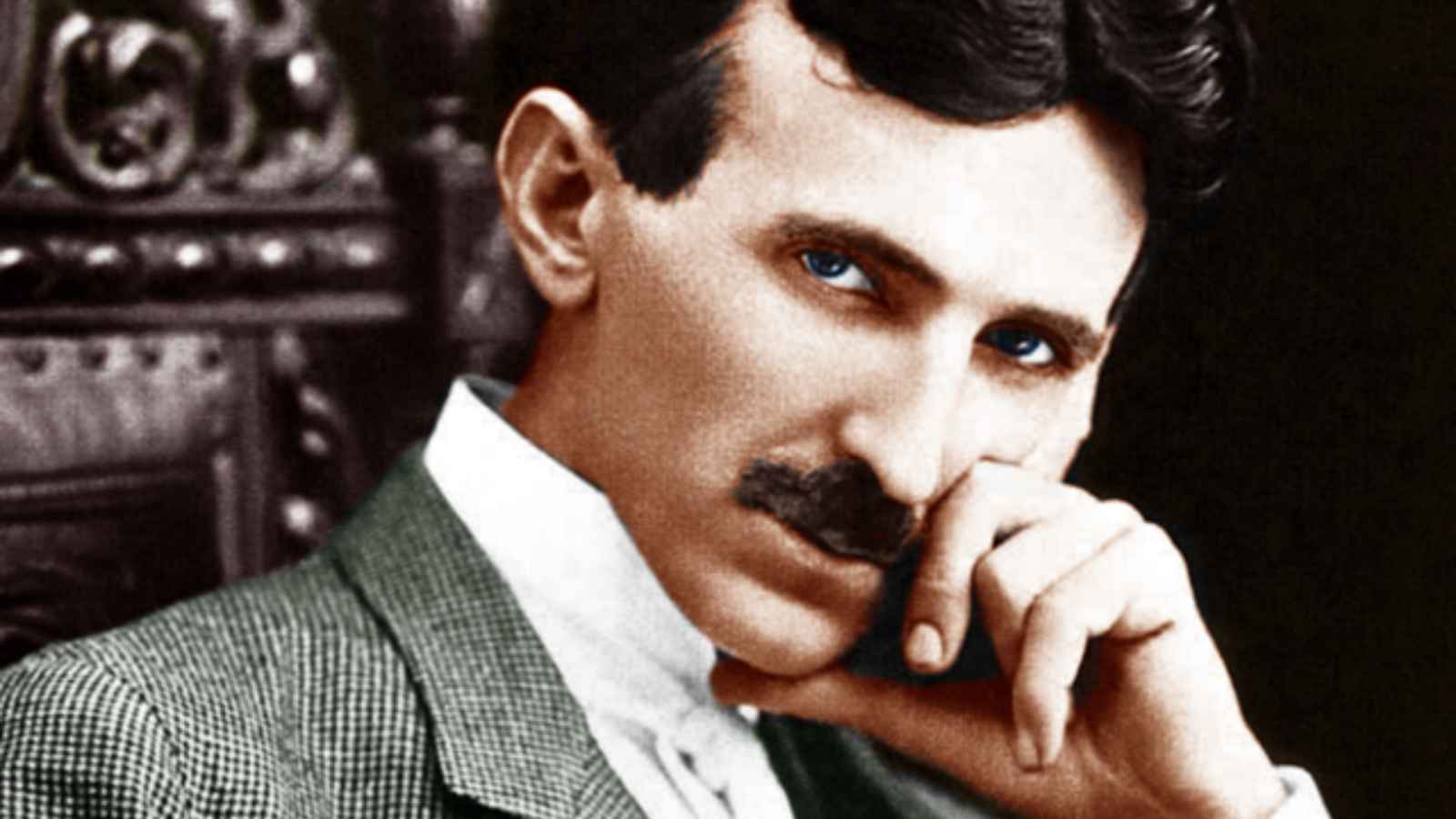
Here’s a man who was literally ‘electrifying.’ Tesla’s contributions to electrical engineering were monumental, yet he spent his last days penniless. His alternating current (AC) system is the foundation of modern electricity.
According to Medium, Nikola Tesla, a brilliant scientist, tragically passed away in poverty. Despite his brilliance, he possessed a fatal flaw – a knack for mismanaging his financial affairs. He poured every penny into his groundbreaking experiments, perpetually yearning for additional funding.
Rosalind Franklin

Talk about getting credit stolen! Franklin’s work was instrumental in discovering the structure of DNA, but Watson and Crick allegedly took the limelight.
Alan Turing

Celebrated now, but during his lifetime, this genius who cracked the Enigma code was criminally prosecuted for his homosexu@lity.
According to The Imperial War Museum, with the aid of captured Enigma material and Turing’s groundbreaking technique known as ‘Banburismus,’ the veil of secrecy surrounding naval Enigma messages was finally lifted in 1941. Turing spearheaded the illustrious ‘Hut 8’ team at Bletchley Park, tirelessly decrypting all German naval signals.
Hedy Lamarr
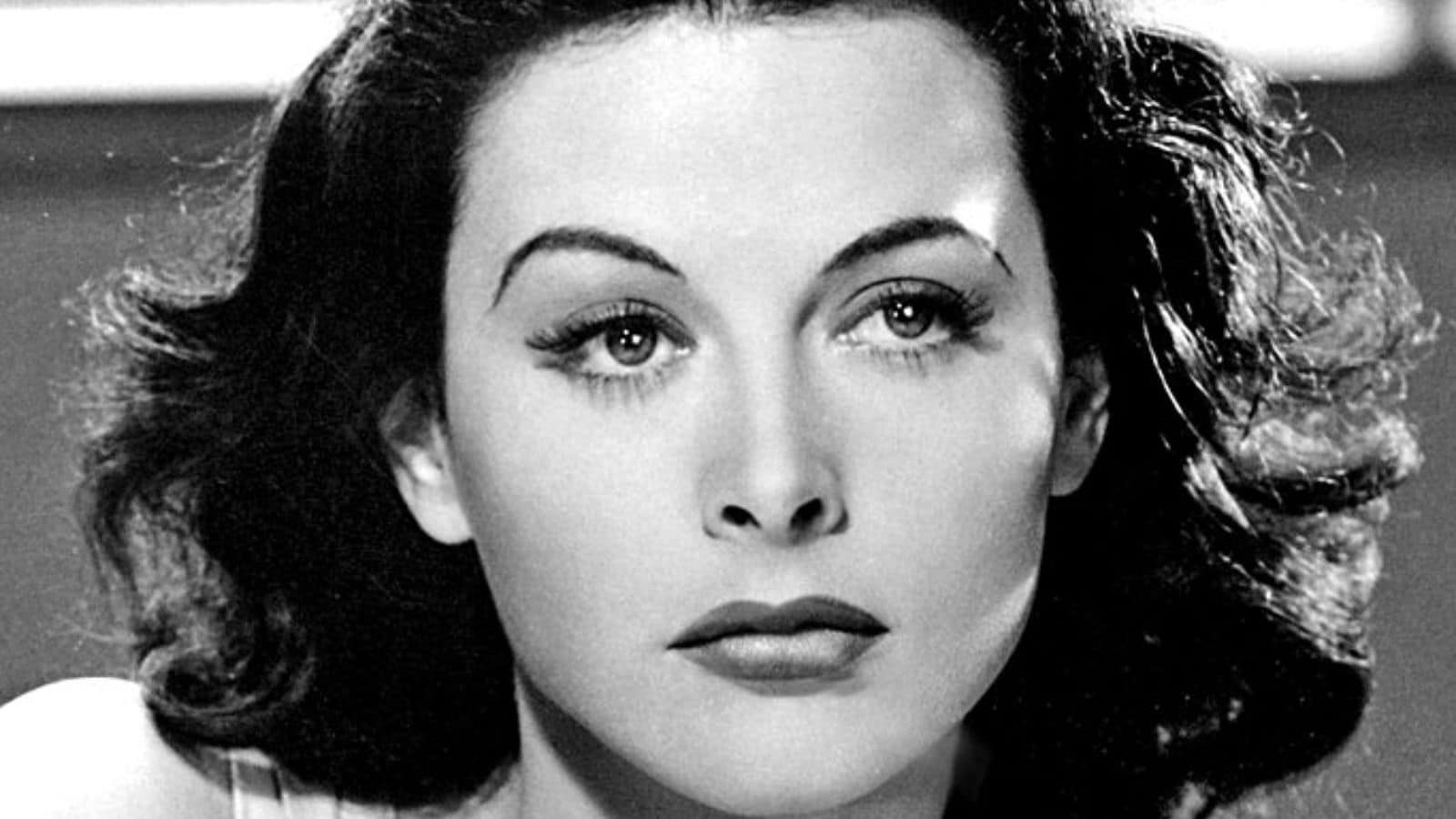
Not just a pretty face actor, Lamarr was a brilliant inventor. Her work in spread spectrum technology paved the way for today’s Wi-Fi and Bluetooth.
According to Thales Group, what’s truly remarkable is that the “spread spectrum” technology, co-invented by Hedy Lamarr, laid the foundation for modern wireless communication. It’s what powers our smartphones and fuels the WiFi connections we now can’t imagine living without.
Henrietta Lacks
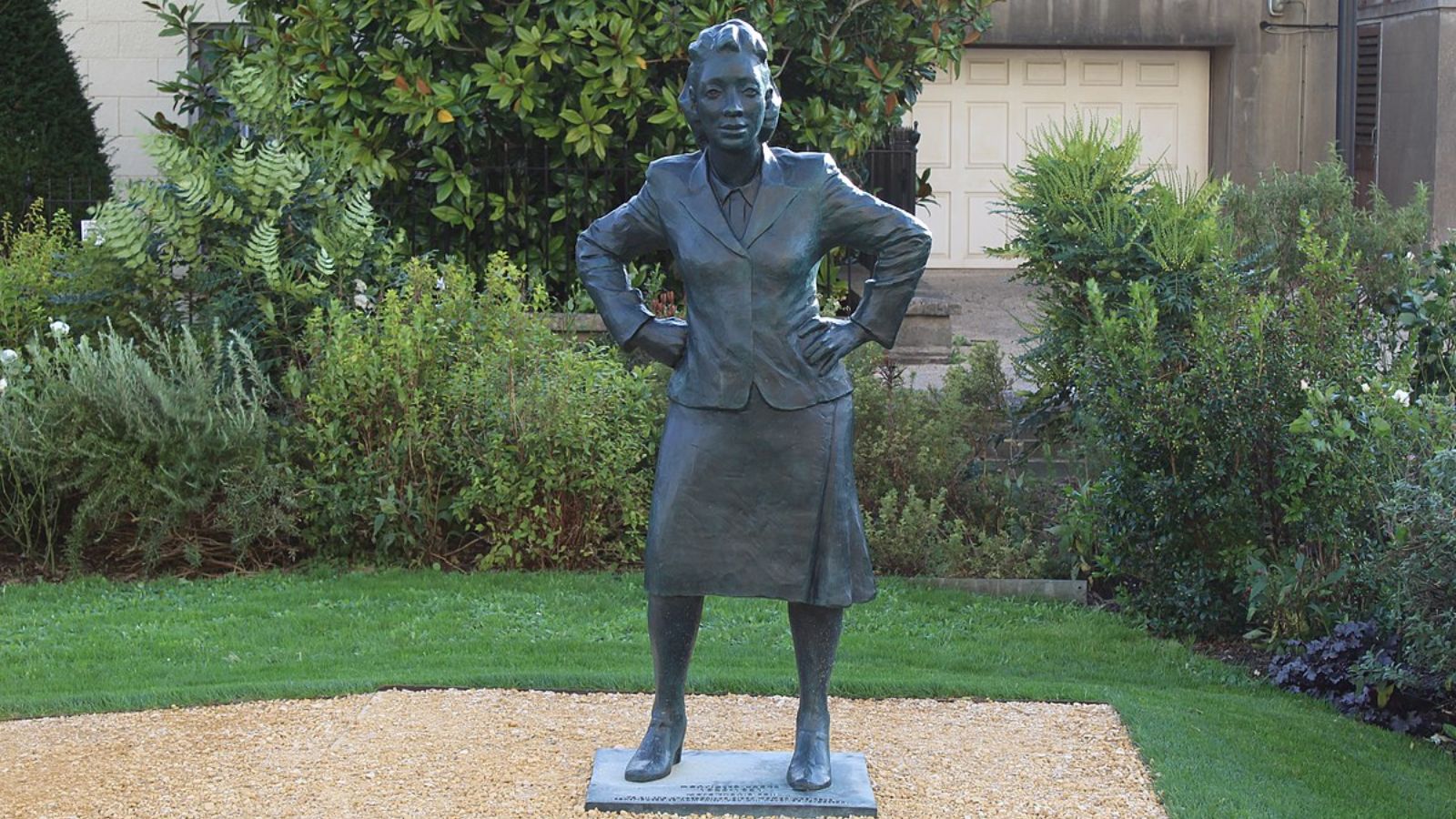
A remarkable African-American woman, Henrietta Lacks, forever changed the medical research landscape. Her cancer cells became the foundation of the HeLa cell line, the first immortalized human cell line and a pivotal breakthrough in the field. Her cells, taken without consent, have been used in vital medical research for decades. Henrietta’s life may have been short, but her impact is everlasting.
According to Johns Hopkins Medicine, Henrietta Lacks, an unsuspecting patient, was among a diverse group whose cells were donated at Hopkins in 1951. Little did she know, her cells would kickstart the first – and for many years, the only – human cell line capable of infinite reproduction.
Vasili Arkhipov
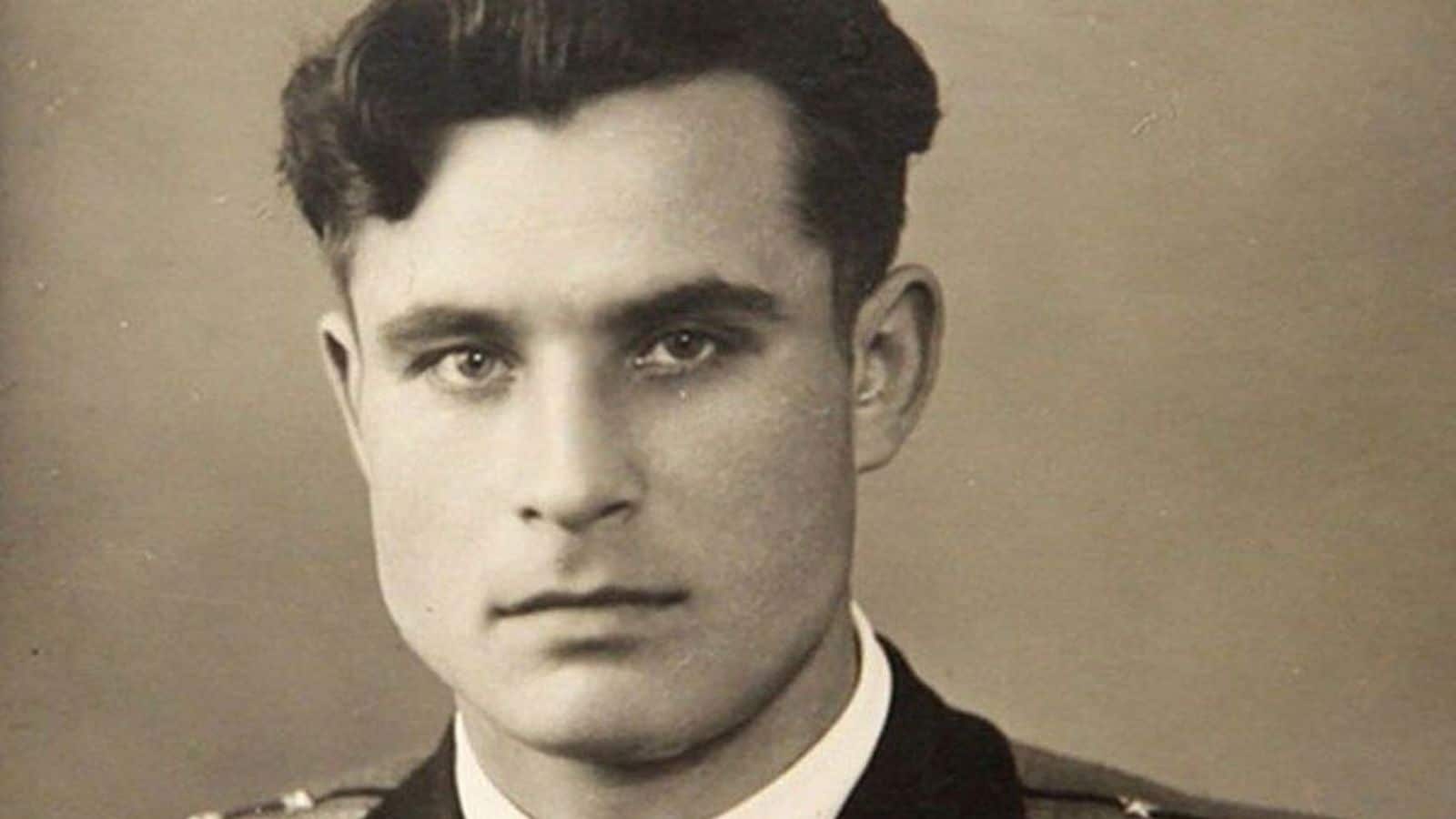
This man single-handedly stopped a nuclear war during the Cuban Missile Crisis, and yet, most people haven’t heard his name.
Wikipedia states that with his remarkable persuasion, he managed to avert an imminent nuclear war that would have undoubtedly unfolded had the nuclear weapon been deployed. As the B-59’s batteries dwindled and its air conditioning faltered, the submarine became a stifling furnace, brimming with suffocating heat and escalating carbon dioxide levels.
Bayard Rustin

Rustin was the key organizer of the 1963 March on Washington but remained in the shadows due to his sexu@lity.
According to PBS, Bayard Rustin’s story remains shrouded in the deepest shadows among the leaders of the civil rights movement. But it wasn’t because he was a closeted gay man; it was because he fearlessly embraced his true self. Yet, his open identity and past association with the Community Party were deemed a liability. Discover the captivating journey of this extraordinary figure who defied conventions and fought for justice.
Ida B. Wells

A civil rights pioneer, Wells led an anti-lynching crusade in the U.S. during the 1890s. Britannica states that Ida B. Wells-Barnett, a remarkable American journalist, spearheaded a courageous anti-lynching crusade in the 1890s.
Her unwavering dedication to promoting justice for African Americans inspires and resonates even today.
Ignaz Semmelweis

Introduced hand hygiene in healthcare, only to be ridiculed by his peers. His practices are now globally recognized and followed.
According to Wikipedia, he had no theoretical explanation for his findings of reduced mortality caused by hand-washing. Some doctors were offended at the mere suggestion of washing their hands and derisively mocked him for it.
Katherine Johnson

This ‘hidden figure’ was instrumental at NASA during the Space Race. Her calculations helped put a man on the moon!
Britannica confirms that Johnson was pivotal in calculating the precise launch coordinates and timing for the historic Apollo 11 mission in 1969, successfully transporting the first three men to the Moon. Her expertise also extended to the space shuttle program, leaving an indelible mark on NASA. After an illustrious career, she bid farewell to the agency in 1986, leaving behind a legacy of astronomical achievements.
Nellie Bly

An investigative journalism pioneer, Nellie put her life in danger to expose the horrific conditions in mental asylums.
The biography states that in 1887, a courageous 23-year-old reporter named Nellie Bly took on a daring mission. She willingly had herself committed to a New York City asylum, determined to shed light on the abhorrent conditions endured by 19th-century mental patients. Born Elizabeth Cochran in the suburbs of Pittsburgh, Pennsylvania, Nellie Bly embarked on her remarkable journalistic journey from a young age.
Claudette Colvin

Before Rosa Parks, there was Claudette Colvin. At 15, she refused to give up her bus seat to a white passenger.
According to Wikipedia, Claudette Colvin was an American pioneer of the 1950s civil rights movement and retired nurse aide. Picture this: a courageous 15-year-old girl arrested in Montgomery, Alabama, on March 2, 1955. Her crime? Refusing to give up her seat to a white woman on a crowded, segregated bus. Her story will inspire you!
Chiune Sugihara
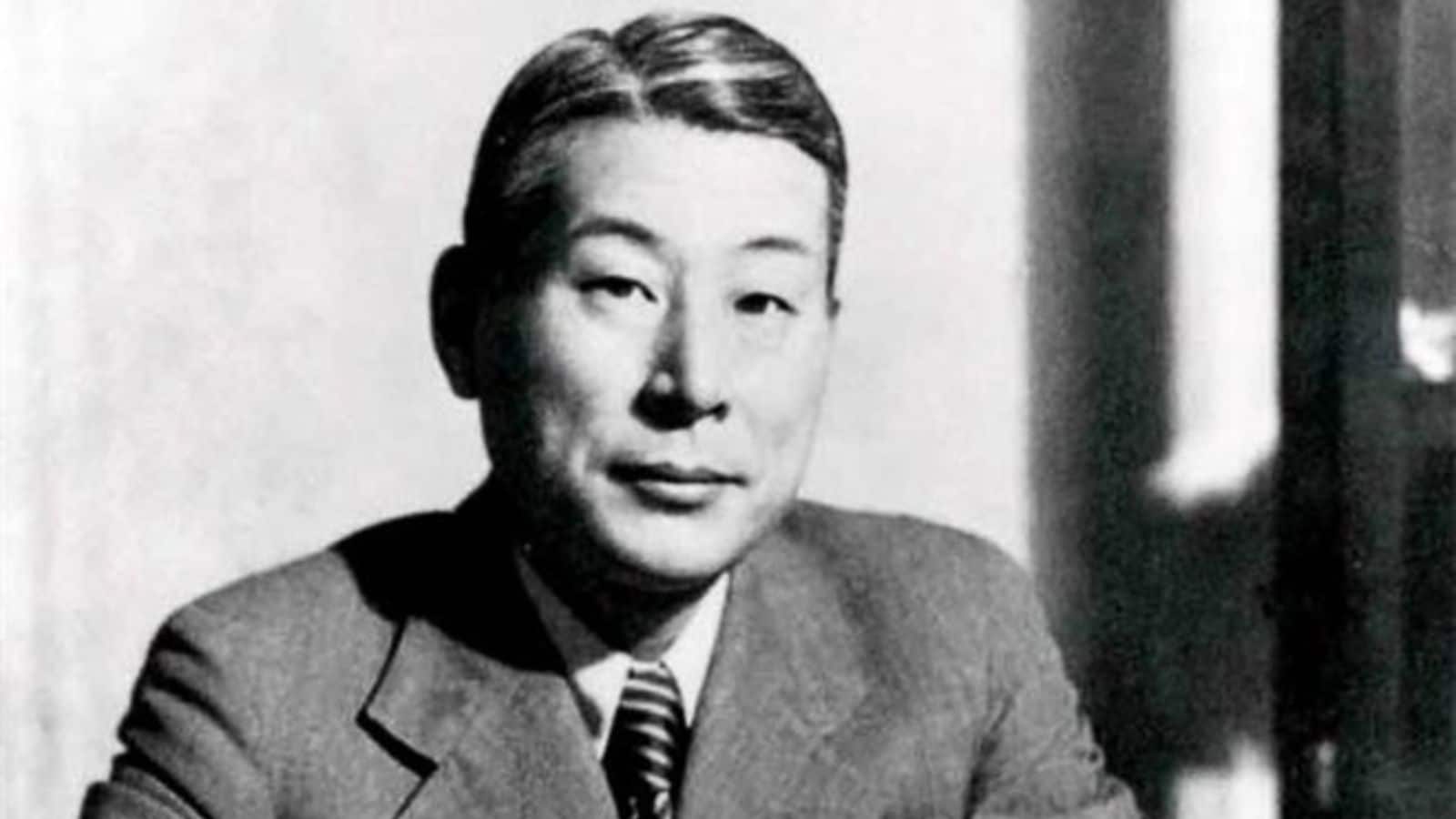
He saved thousands of Jews during World War II by issuing transit visas defying his own government’s orders.
According to Wikipedia, Chiune Sugihara, a remarkable Japanese diplomat, served as the vice-consul for the Japanese Empire in Kaunas, Lithuania. In an act of extraordinary bravery during the Second World War, Sugihara defied all odds and risked everything to aid thousands of Jews. He paved the way for their escape from Europe by issuing transit visas, demonstrating unwavering courage.
Emily Dickinson

Published only a handful of poems during her lifetime, the reclusive Dickinson is now celebrated as one of America’s greatest poets.
Britannica states that of Emily Dickinson’s impressive collection of nearly 1,800 poems, only 10 were published during her lifetime. Quite astonishing, isn’t it?
Bessie Coleman

Against all odds, Coleman became the first African-American woman to hold a pilot’s license. According to the National Air and Space Museum, in the 1920s, a Black woman couldn’t obtain a pilot’s license in the United States. But Bessie Coleman was not one to be deterred.
She packed her bags, set her sights on France, and embarked on a journey that would change history forever. On June 15, 1921, Coleman achieved her dream, becoming the first African American woman to earn her pilot’s license. Her determination and courage continue to inspire us to this day.
Hypatia

Hypatia was a leading light of the ancient world, a mathematician, astronomer, and philosopher in 4th-century Alexandria.
Britannica states that Hypatia was a brilliant mathematician, astronomer, and philosopher who thrived amid Alexandria’s turbulent history. She is the earliest known female mathematician, leaving behind a legacy of remarkable achievements.
Wangari Maathai

The first African woman to win a Nobel Peace Prize for contributing to sustainable development, democracy, and peace.
Britannica states that Wangari Maathai was a remarkable Kenyan politician and environmental activist. Born on April 1, 1940, in Nyeri, Kenya, she made history as the first Black African woman to be awarded the prestigious Nobel Prize for Peace in 2004. Her inspiring journey and dedication to creating positive change continue to inspire us today. Sadly, she passed away on September 25, 2011, in Nairobi.
Sophie Scholl

A brave young woman who defied the Nazis as part of the White Rose resistance group in Germany.
Wikipedia states that Sophia Magdalena Scholl (9 May 1921 – 22 February 1943) was not just a German student but also an incredible anti-Nazi political activist. She fearlessly fought against the oppressive regime, dedicating herself to the non-violent resistance group known as the White Rose. Her unwavering courage and determination made her a true hero during the dark days of Nazi Germany.
Srinivasa Ramanujan

Despite having almost no formal training in pure mathematics, Ramanujan made substantial contributions to mathematical analysis.
Wikipedia states that despite lacking formal training in pure mathematics, he made remarkable contributions to mathematical analysis, number theory, infinite series, and continued fractions. His solutions to previously unsolvable mathematical problems were nothing short of extraordinary.
Frederick Douglass

An escaped slave who became a prominent abolitionist, Douglass’s powerful words continue to inspire today.
Britannica states that Frederick Douglass’s groundbreaking autobiography, “The Narrative of the Life of Frederick Douglass, An American Slave, Written by Himself,” propelled him to fame and breathed new life into the abolitionist movement. Among Douglass’s captivating speeches, “What to the Slave Is the Fourth of July?” is an unforgettable masterpiece.
15 Disturbing History Facts We Can’t Believe Are Actually True
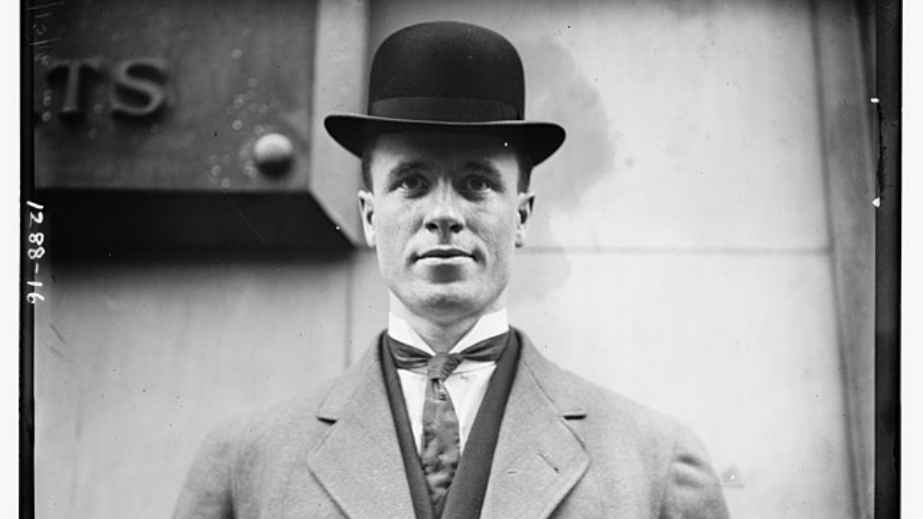
Welcome, history buffs and curious souls! Prepare for a journey into the dark corners of the past, unraveling 15 disturbing historical facts that will have you questioning your textbooks. From the strange to the sinister, these historical tidbits are so unbelievable they belong in a horror novel, not a history book.
15 Disturbing History Facts We Can’t Believe Are Actually True
13 Extremely Strange Pregnancy Test Methods From History

Throughout history, the question of whether or not a woman was pregnant often held significant implications. Before the advent of contemporary pregnancy tests, societies utilized a myriad of strange, sometimes even bizarre, methods to discern this crucial information.
13 Extremely Strange Pregnancy Test Methods From History
The Flops That Floored Us: The 17 Worst TV Shows in History

We’re about to embark on an expedition into the wilds of the TV landscape, but we’re not hunting for hidden gems. Oh, no. We’re seeking out the shows that, in their unique way, left an indelible mark – not for their brilliance, but for their spectacular failures.
The Flops That Floored Us: The 17 Worst TV Shows in History
16 Divorces in Modern History That Really Broke the Bank

Hold onto your wallets, folks. We’re about to journey through the annals of marital discord and matrimonial mayhem. Get ready for a rollercoaster ride of heartache and eye-watering bank balances as we check out the world’s 16 most bank-breaking divorces in modern history.
16 Divorces in Modern History That Really Broke the Bank
12 Stories From History People Keep Getting Wrong

In the vast realm of history, where countless stories of human achievement and failure unfold, it’s unsurprising to stumble upon a few misconceptions or misinterpretations. Over time, these narratives deeply embedded in our collective memory have parted ways with the truth, often due to an amalgamation of oversimplifications, misinformation, or plain old-fashioned legend-building.
12 Stories From History People Keep Getting Wrong
